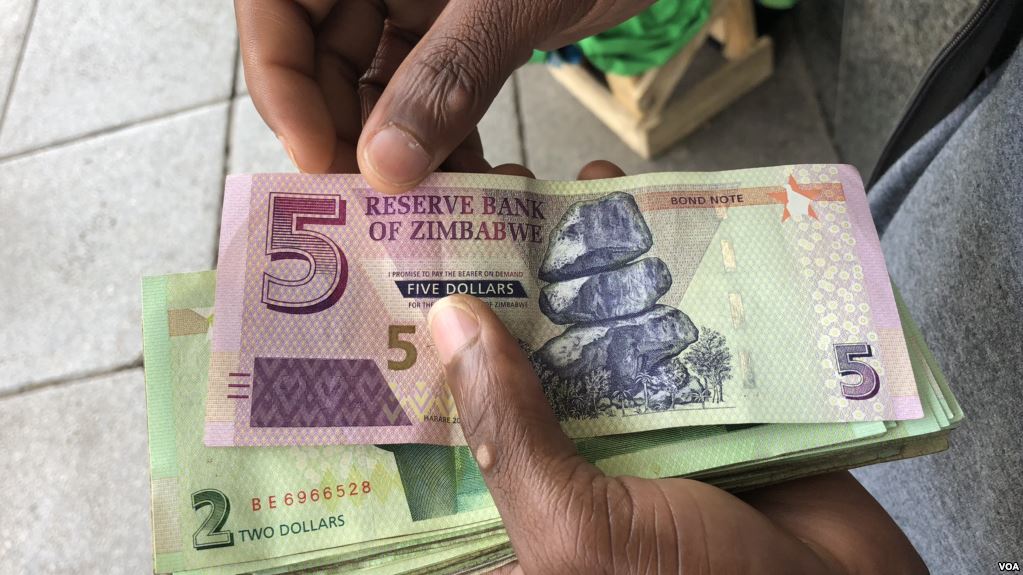Civil servants are on record for demanding that they be paid salaries which are equivalent to their earnings as of October 2018, which were in United States Dollars (USD), converted using the prevailing interbank rate. This would see the least paid civil servant getting around Z$4 750. Their main argument is that their salaries were eroded to the point of incapacitation.
However, Government’s recent salary hike offer would have seen each civil servant getting $97 – worlds apart, one would say. Financial experts have, however, always argued that Government’s wage bill was unsustainable considering that it was chewing a large chunk of the country’s revenue. With the scrapping of the multi-currency regime, Government is on record saying it could only increase its workers’ salaries in line with inflation which the Zimbabwe National Statistical Agency (Zimstat) indicated as being at 176 percent as of June 2019.
Government’s $97 pay rise offer, therefore, makes sense considering that the Minister of Finance and Economic Development, Professor Mthuli Ncube, gave out that the prices of goods and services had gone down in USD terms, meaning converting salaries using the interbank rate would result in a much higher wage bill, something Government is eager to avoid. Knowing that whoever holds the purse usually prevails, its time civil servants’ representatives start looking at other means of unlocking value from their employer – non monetary incentives!
A quick internet search on the matter revealed that non-monetary incentives are compensation given in a transaction which does not involve cash. A non-monetary reward can consist of almost any material object such as jewelry, precious metals or a car for example. Thus, civil servants can ask for non-monetary incentives such as residential stands on top of what Government is offering so as to unlock the value from their employer. Logic dictates that residential stands are some of the assets that civil servants are saving towards acquiring – so why not ask their employer to assist them in acquiring residential stands?
This route, apart from minimizing conflict between the employer and the employees, ensures that inflation which could result from the payment of hefty salaries is kept in check. Material objects obtained as non-monetary incentives can also be sold for cash – that is if the conditions surrounding its parceling out allows it. This, however, should be agreed on with the employer if the asset in question is not yet fully paid for. So civil servants who already have houses can sell their residential stands and invest in something else.
Civil servants can also negotiate to ensure that the duty free car scheme is extended to every worker despite the number of years served. This would allow every Government employee to benefit now as there are some who, for example, may be intending to acquire trucks for their agricultural ventures. Relatedly, workers’ unions could also negotiate for plots so that civil servants, who are inclined to farming, may get into farming to augment their salaries and food supplies.
Political grandstanding by trade unions is the only thing that might stand in the way of civil servants genuinely trying to unlock value from their employer as money is not the only commodity of value that one can get from their employer. Demonstrations will not put food on the table; save for those who are paid to picket.
President Emmerson Mnangagwa is on record as saying that he is aware that people are facing hardships brought about by some of Government’s austerity measures. It is light of the foregoing that Government has already offered non-monetary incentives. It only takes the trade unions to sing the right hymn for civil servants to benefit.




